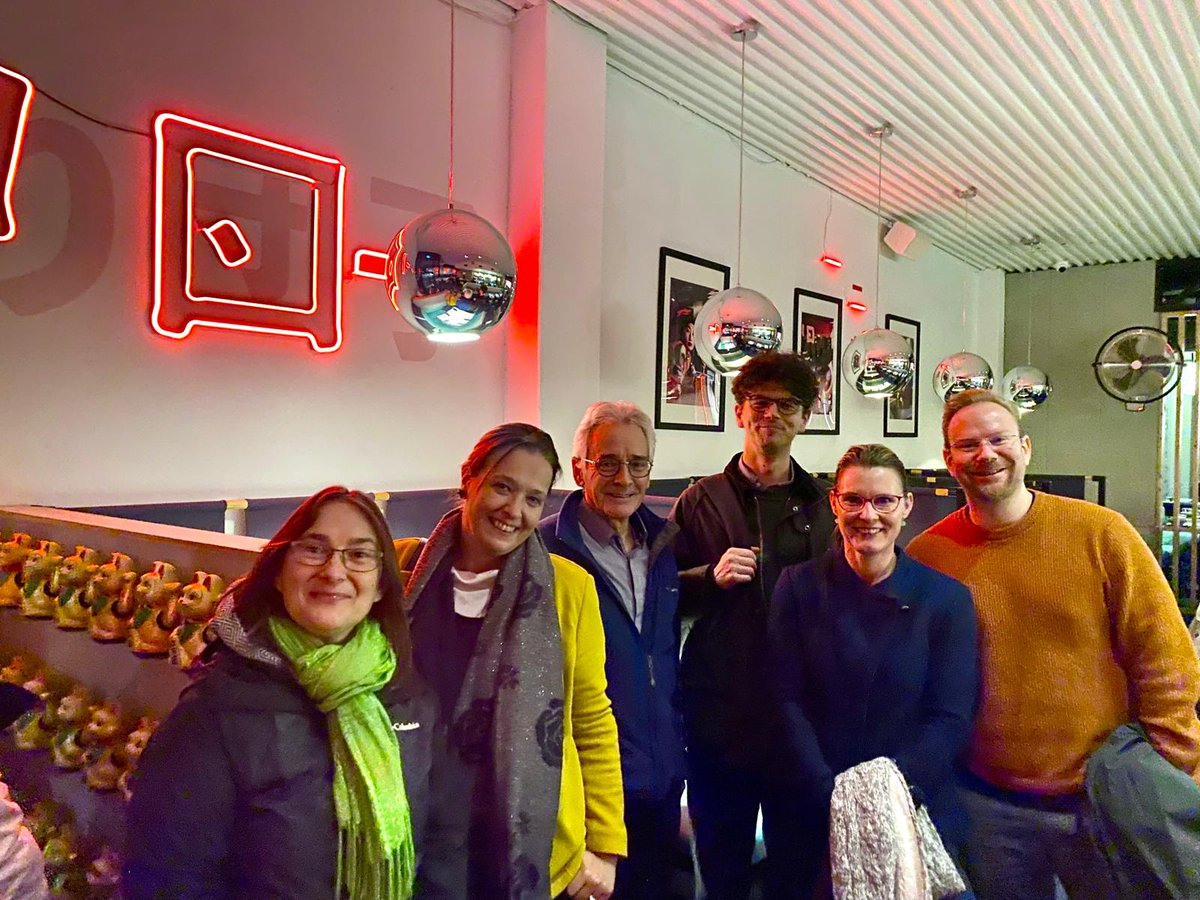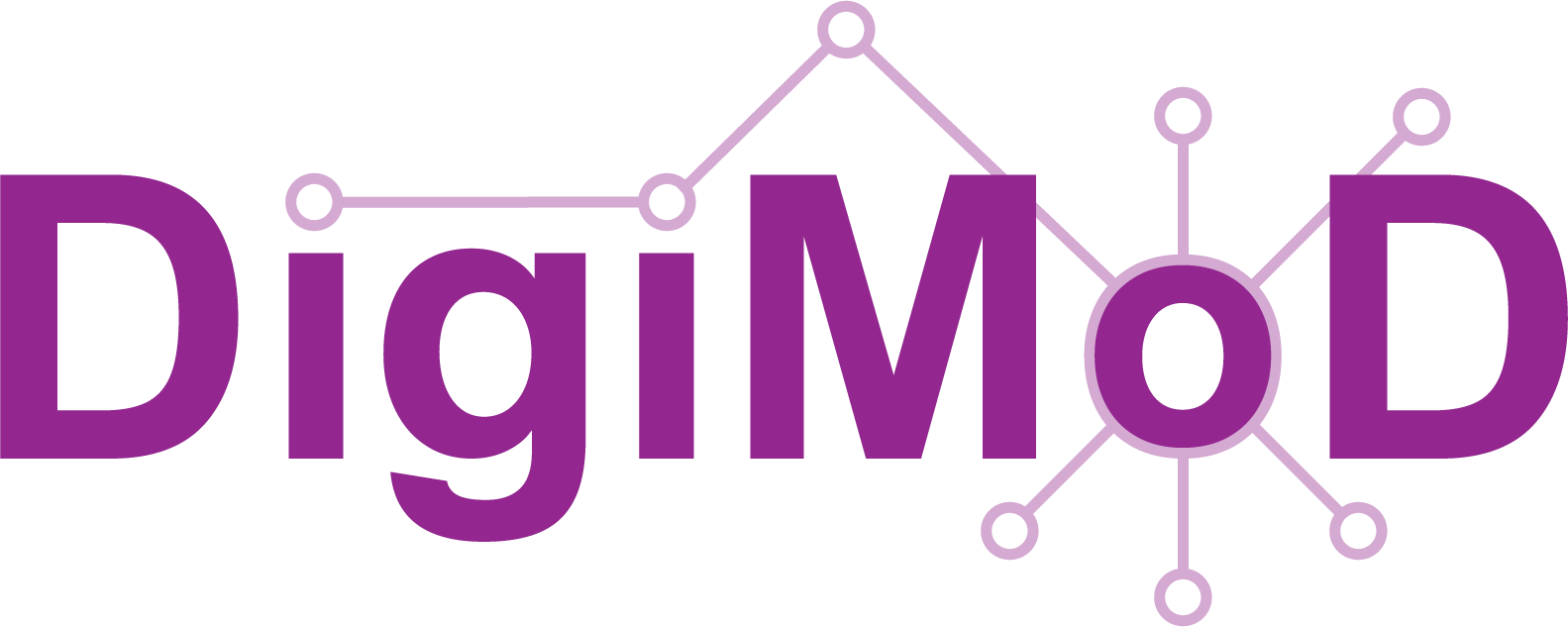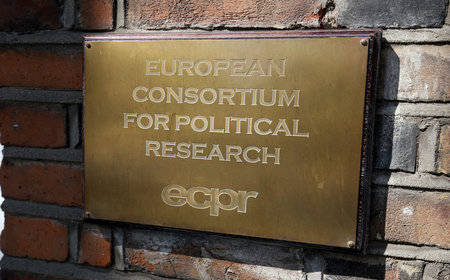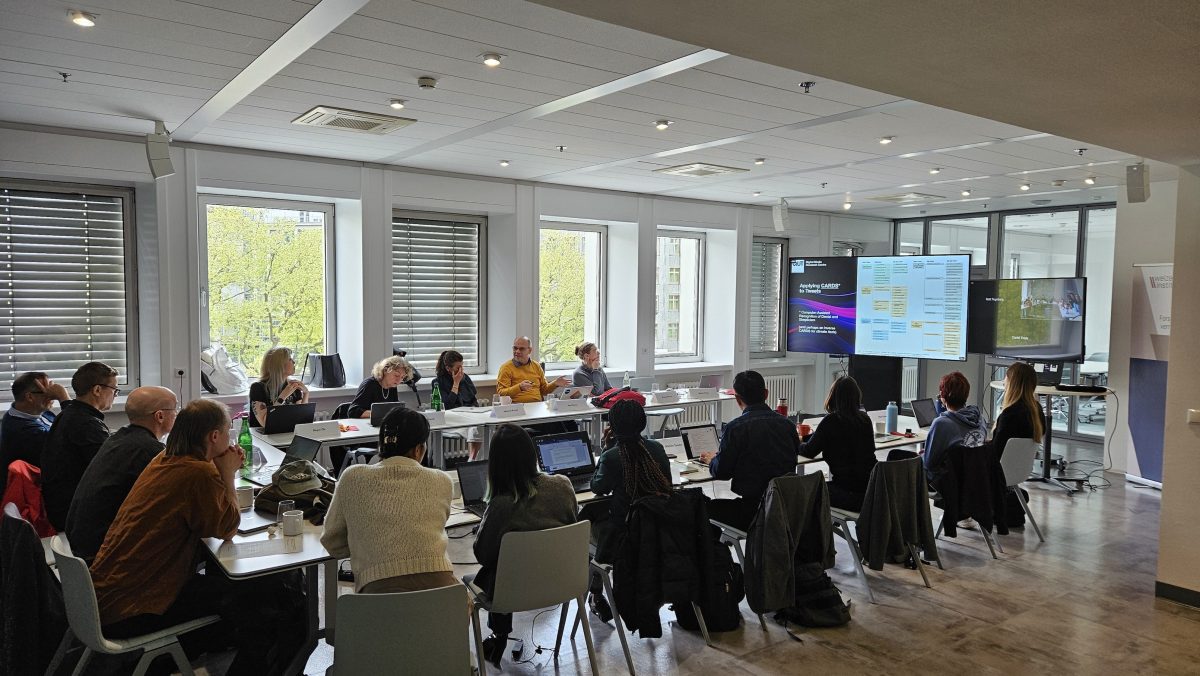The Centre for Deliberative Democracy and Global Governance (CDDGG) at the University of Canberra, Australia, is a globally recognized leader in deliberative governance research, dedicated to exploring how inclusive and reflective communication can empower people in political decision-making. The center explores the impact of public deliberation in polarized and post-crisis contexts and advances theoretical debates […]





